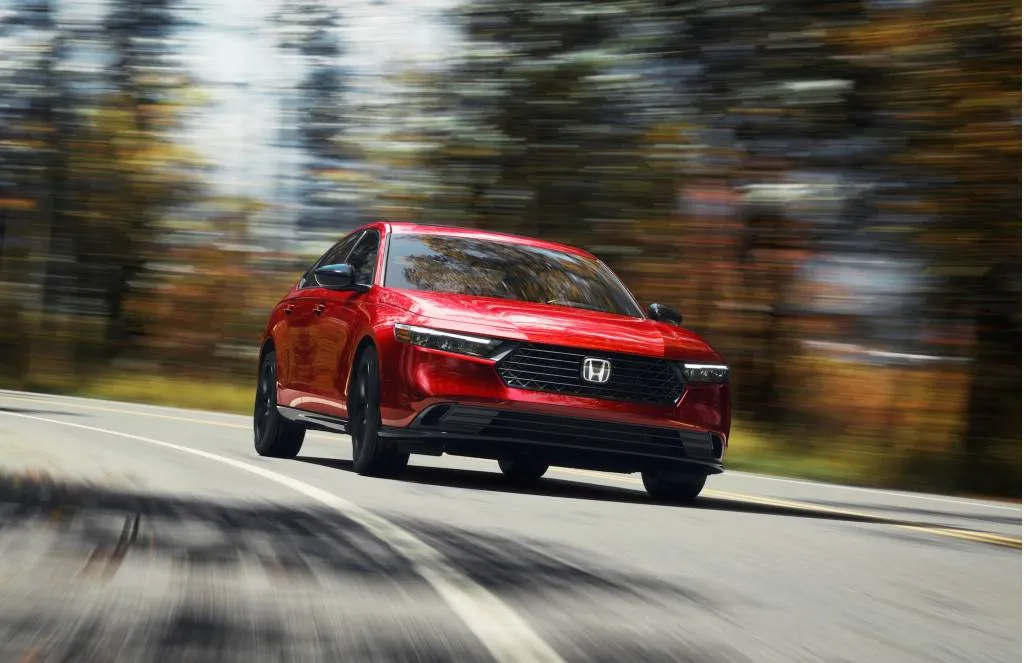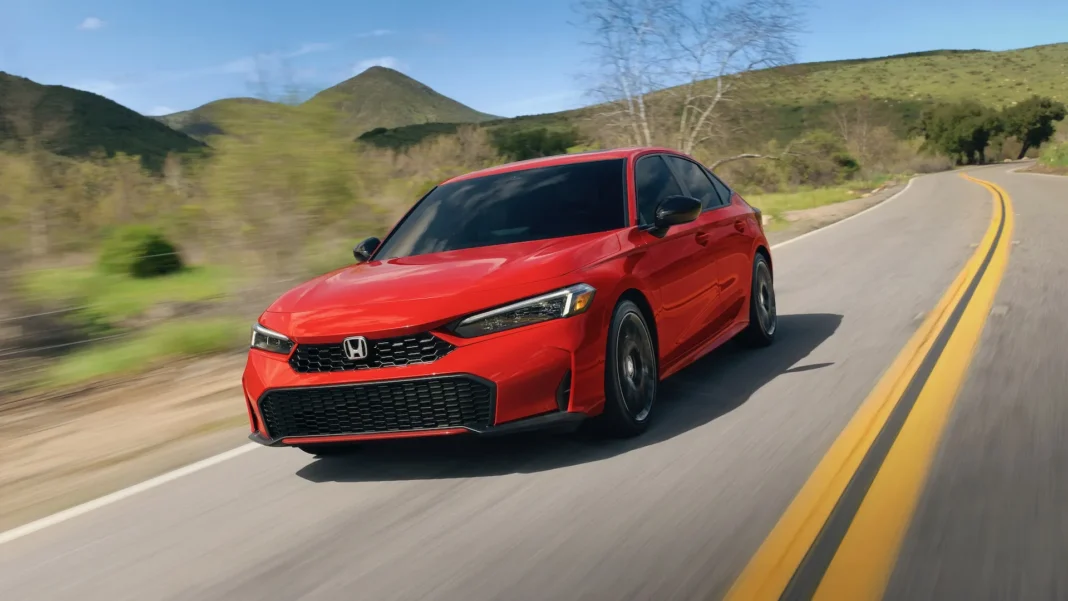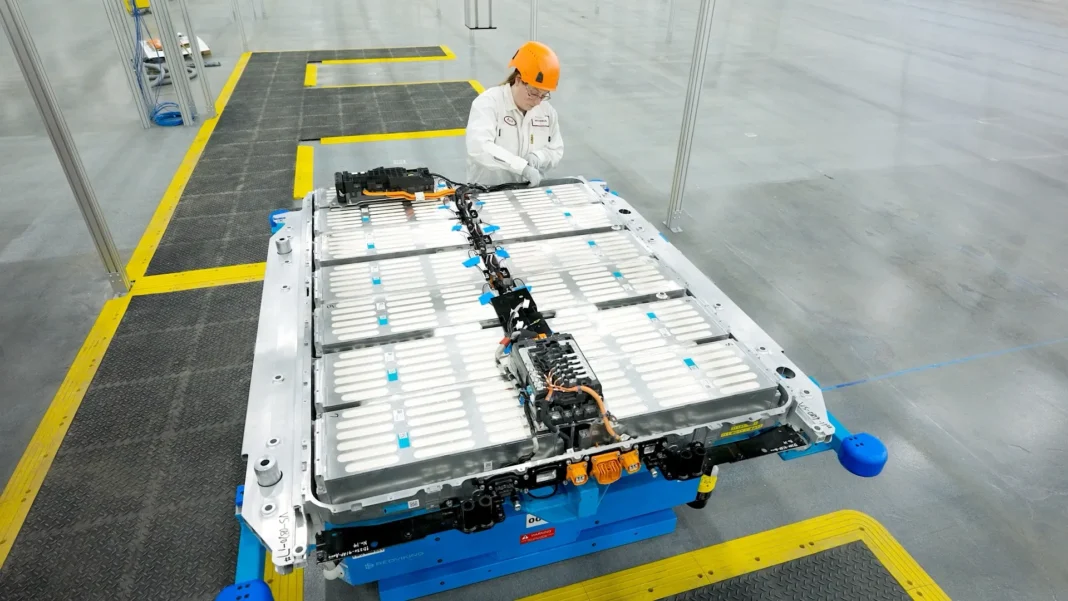Honda is looking to source batteries from Toyota for U.S.-market hybrids amid continuing uncertainty over the Trump Administration’s tariffs, Nikkei Asia reported Monday.
Starting this fiscal year, Honda is planning to buy enough batteries for approximately 400,000 vehicles, according to the report. Honda sold 308,000 hybrids in the U.S. in 2024, accounting for 22% of its overall sales, so this would effectively cover all of its hybrid-battery needs for this market, Nikkei noted.

2025 Honda CR-V
Honda has been sourcing batteries for its hybrid models from Japan and China, but is looking for alternatives to avoid current and potential tariffs, the report said. On Mar. 4 Trump imposed an additional 10% tariff on all Chinese imports, on top of a 10% tariff imposed a month earlier. Trump is also expected to raise tariffs on Japanese auto imports from 2.5% to 25%.
Batteries for Honda hybrids could be produced at Toyota’s new plant in North Carolina, announced in 2021, that’s scheduled to come online this year. In 2022, still during early days of work on the factory, Toyota announced a $2.5 billion expansion to add EV battery manufacturing capacity. In February the automaker also indicated it would shift a $1.5 billion battery order to an LG plant in Michigan to keep it afloat after General Motors backed out of an investment in the plant.

2025 Honda Accord
Hybrids will likely do the heavy lifting in getting Toyota to its goal of having “electrified” vehicles—including EVs, hybrids, plug-in hybrids, and hydrogen fuel-cell vehicles—account for more than 50% of its U.S. sales this year. Honda has already seen hybrids grow to half the sales mix for some popular models like the Accord sedan as it looks to potentially outpace all but Tesla in U.S. EV production with a ramp-up scheduled to begin later this year at its Ohio manufacturing hub.
Honda is looking to shift even more production to the U.S., as well as rejigger supply chains, to avoid 25% reciprocal tariffs on Mexican and Canadian goods, which it estimates could cost around $4.7 billion annually, according to Nikkei. The automaker is also looking to further improve its hybrid tech, although their will be less need for it in the U.S., in the near term at least, if Trump follows through on plans to lower emissions standards.




